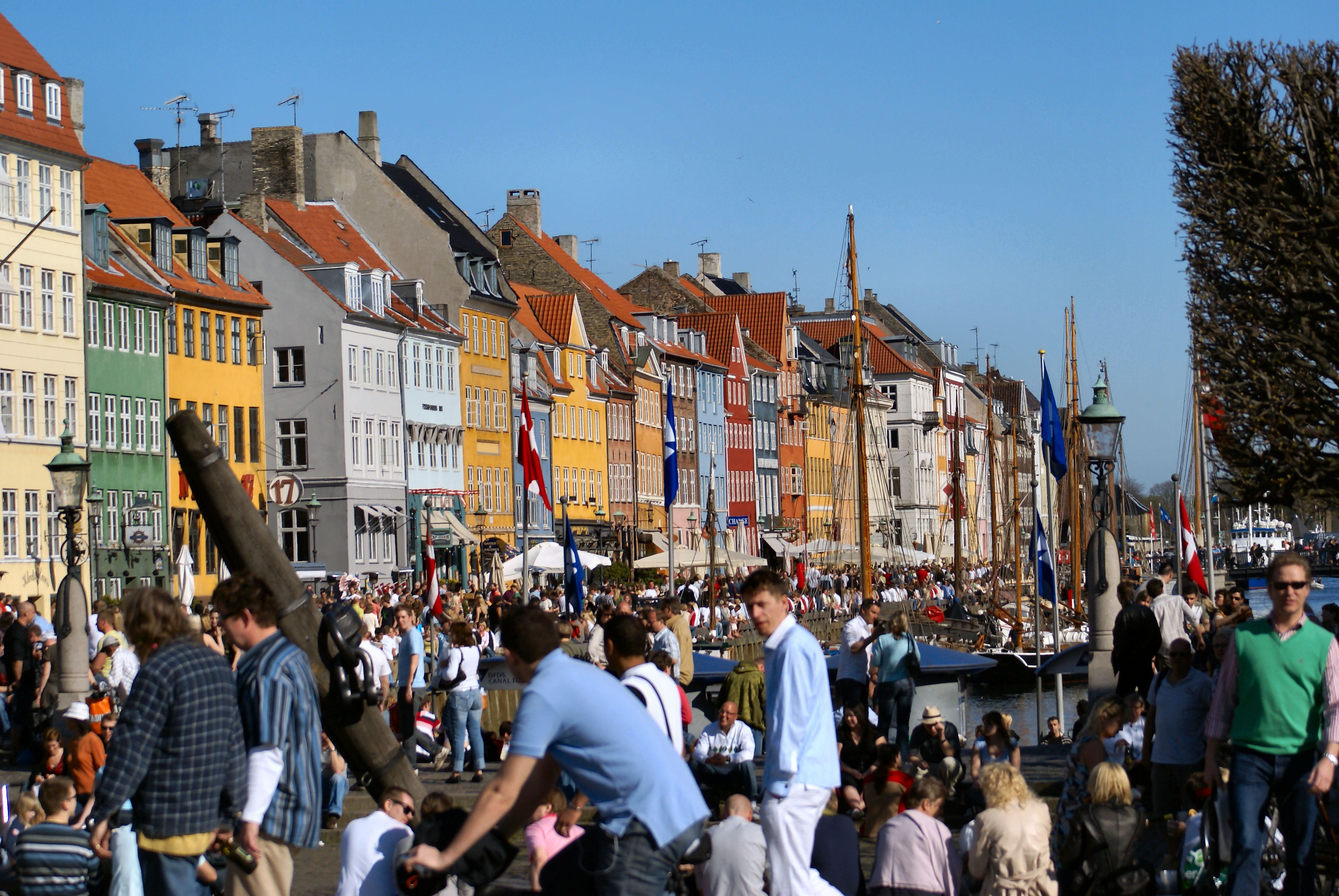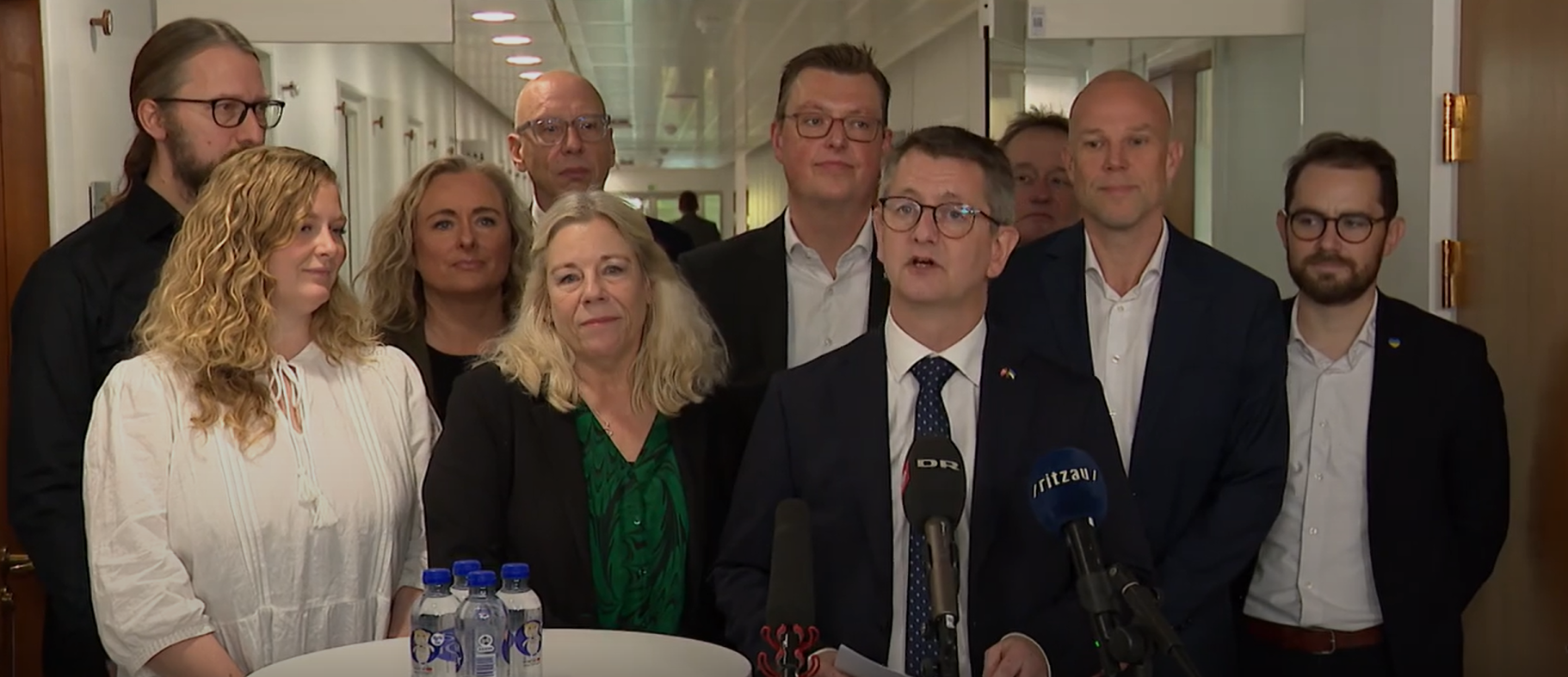The cornerstone of the EU’s carbon reduction strategy is under threat after a proposal to revive the Emission Trading Scheme (ETS) carbon trading scheme was voted down yesterday by a narrow majority in the European Parliament.
The ETS controls the amount of CO2 emitted by EU businesses by distributing a fixed amount of emissions permits that can then be sold by businesses with a surplus of emission permits and bought by businesses wanting to emit more than their allocation.
The idea is that increasing demand for the permits, by slowly removing them from the market, will raise their price and ultimately create an incentive for businesses to transition to renewable energy sources. But this hasn’t happened. Instead, the cost of a permit for emitting a tonne of CO2 has dropped from around 140 kroner in 2008 to around 25 kroner today.
To push the price back up, the European Commission (EC) proposed withholding, or ‘backloading’, 900 million tonnes of emission permits that are due to be auctioned between now and 2020. But yesterday that proposal that was defeated in the European Parliament with 315 votes for and 334 votes against.
Ireland – which currently holds the rotating six-month EU presidency – voiced disappointment with the vote and stated its commitment to addressing carbon prices in order to increase investment in renewable technology.
“An early and cost-effective transition [to renewable energy] is key to Europe’s leadership on climate change and European competitiveness in the emerging global green economy,” Phil Hogan, the Irish environment minister and the current president of the council of environment ministers, stated after the vote.
While the Danish climate minister, Martin Lidegaard (Radikale), was also disappointed by the vote, he told The Copenhagen Post that the vote would not impact Denmark’s own commitment to transition entirely away from fossil fuels for energy by 2050.
“It won’t disturb the Danish transition because the policy is based upon both environmental and geopolitical considerations as we don’t, for example, want to be dependent upon importing fossil fuels in the future,” Lidegaard said, adding that Denmark’s ability to export renewable energy technology may be weakened unless the ETS is fixed.
“It would be easier if the carbon emission allowances had a higher price.”
The EU Climate Commissioner, Connie Hedegaard, also was disappointed with the vote. She recognised, however, that the backloading proposal may have another shot in the European Parliament and that making structural changes to the ETS could help create a higher and more stable emissions price.
Lidegaard said that Denmark was open to discussing structural changes to the market, but that he preferred increasing the EU's carbon reduction target to 30 percent of 1990 levels rather than the current 20 percent.
This would lead to more quotas being removed from the market than had been planned, thereby hopefully increasing the quota price and the incentive for investing in renewable energy.
“Over the next 20 years, the EU will have to replace two-thirds of its energy capacity, so we need a price that gives countries an incentive not to invest in coal power plants that will lock us into high carbon emissions for another 40 years,” Lidegaard said.
But while a high emissions price might be good for the renewable energy industry, business groups heavily lobbied MEPs to vote against the proposal, arguing it would add extra expenses on businesses struggling with the economic crisis.
In an open letter to MEPs, lobby group Business Europe stated that the economic crisis and slump in production was, in fact, the reason for the low emission price.
“Re-launching the economy will boost industrial output and therefore increase the demand and price of ETS allowances without the need to change the legislative framework,” the group stated.
But Hogan dismissed this claim and argued that the market needed the short-term fix that backloading would provide.
“The reality is that the EU is faced with an exceptional policy situation which demands an exceptional policy response,” he said.
According to Danish MEP Dan Jørgensen (Socialdemokraterne), the vote was a missed opportunity to enable new innovation.
“Old fashioned industry won [yesterday], while modern and forward-thinking businesses lost,” Jørgensen told Politiken newspaper. “In the long run, it will end up hurting the EU’s ability to compete and cost us green jobs.”











